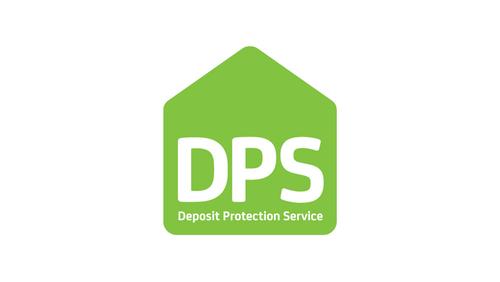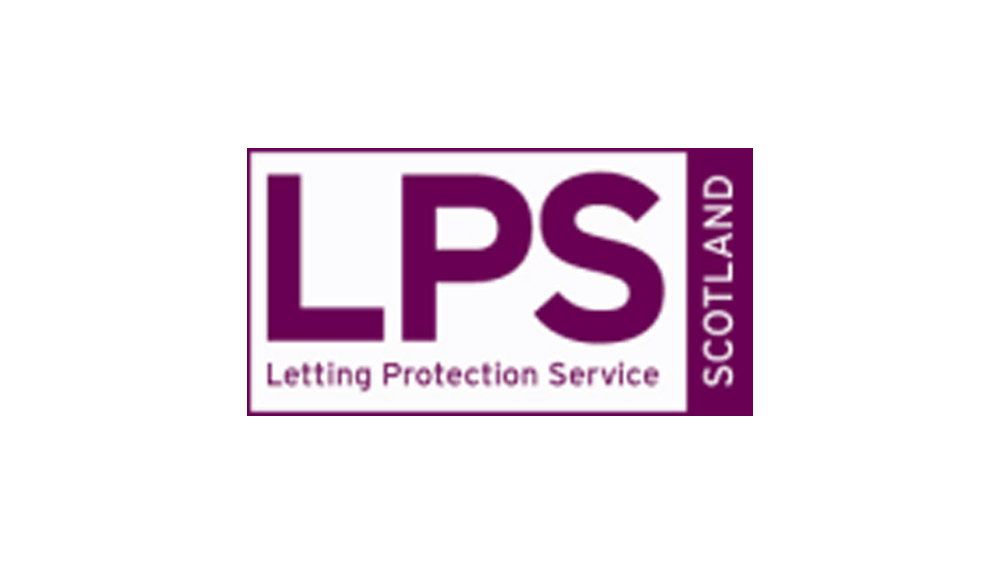Deposit schemes across the UK
Deposits must protected within 30 days of receipt. In England tenancy deposits are capped at five weeks’ rent where the annual rent is less than £50,000, and six weeks’ rent where the annual rent is £50,000 or more. There is no formal cap on tenancy deposits in Wales.
Deposits must protected within 30 working days of the tenancy start date and cannot exceed two months' rent.
Deposits must be protected within 14 days of receipt.
What can I do about an unprotected deposit?
Landlords who don't protect your deposit can be ordered by the courts to pay you between one and three times the deposit amount. Contact the three deposit schemes to be sure that your deposit has not been protected. If that is the case, you can apply to your local county court for compensation.
If you’re not sure where your deposit is protected, refer to the prescribed information, tenancy agreement or ask your landlord or letting agent. You can use the deposit scheme's website to check the status of your deposit during your tenancy.
Custodial or Insured
Your deposit can be protected by either a custodial scheme or insurance based scheme. Under custodial, your deposit will be held in a secure bank account by the tenancy deposit protection scheme. In Scotland, your deposit can only be protected in a custodial scheme. With the insurance based scheme, your landlord or letting agent will hold the deposit but must register it with the deposit scheme.
Tenancy deposit disputes
If you think your landlord or letting agent has made unfair or unjustified deductions from your tenancy deposit, you can raise it with your tenancy deposit scheme. Each scheme offers a free resolution service and will act as independent adjudicators to provide their own legally binding ruling on any deductions.
During the dispute you will be able to put forward any evidence you have to support your case. This is where the inventory and any extra time-stamped photos you may have taken will come in handy. Likewise, landlords or their agents must provide the tenancy deposit scheme with evidence for any deductions they intend to make.
Returning your deposit
Once you have agreed on any deductions, your deposit must be returned to you within ten days in England and Wales and within five days in Scotland and Northern Ireland.
How to get your deposit back
Getting your deposit back
Cleaning is the number one deposit dispute
Leaving a property untidy or dirty at the end of your tenancy is the most common deposit dispute and can result in heavy deductions. Be sure to do a thorough clean before you leave, this includes windows, fridge, freezer, cooker and around the seals of the bathroom. Don’t forget about the garden if you have one and get rid of excess rubbish too if it won't fit in the bins.
Don't wait until the end of your tenancy to report damage
Make sure an inventory has been completed when you move in and keep a copy of the report along with your tenancy agreement, prescribed information and any written correspondence with your agent or landlord.
If your rental property becomes damaged, you should report it in writing as soon as possible. You will only be charged for damage you are directly responsible for and remember that deductions cannot be taken from your deposit for general wear and tear. When removing pictures or posters, take care not to remove layers of paint or leave holes and stains on walls that your landlord will have to redecorate over. Any marks to the wall can be classed as damage.
If you need to call your agent or landlord, follow up the conversation with an email if you can or make a note of the date, time and what was discussed. If a deposit dispute arises at the end of your tenancy, you may be asked to provide these documents and evidence of communication.
Always get the landlord's permission before decorating
You may want to add some personality to your new home but you should always get the landlord’s permission first before decorating or adding fixtures and fittings. If you have already made changes such as painted a wall or put up a shelf, make sure to return the property to its previous state before you leave.
Unpaid rent can be deducted from your deposit
Talk to your landlord or agent as soon as possible if you’re struggling to stay on top of your rent payments. Your landlord is entitled to deduct any unpaid rent from your deposit if you still owe money when you move out.
What to do at the end of your tenancy
If you want to move out of your rented home, you might be wondering what you have to do. This guide will help make sure your everything is in order before you pack up.
Are you Propertymark Protected?

If you're searching for a property to rent, you need an agent that you can trust and rely on—the quality of the agent makes a real difference. Our members have voluntarily chosen to become regulated by Propertymark to showcase their commitment to higher standards. Use our search to find a Propertymark Protected letting agent in your area.









